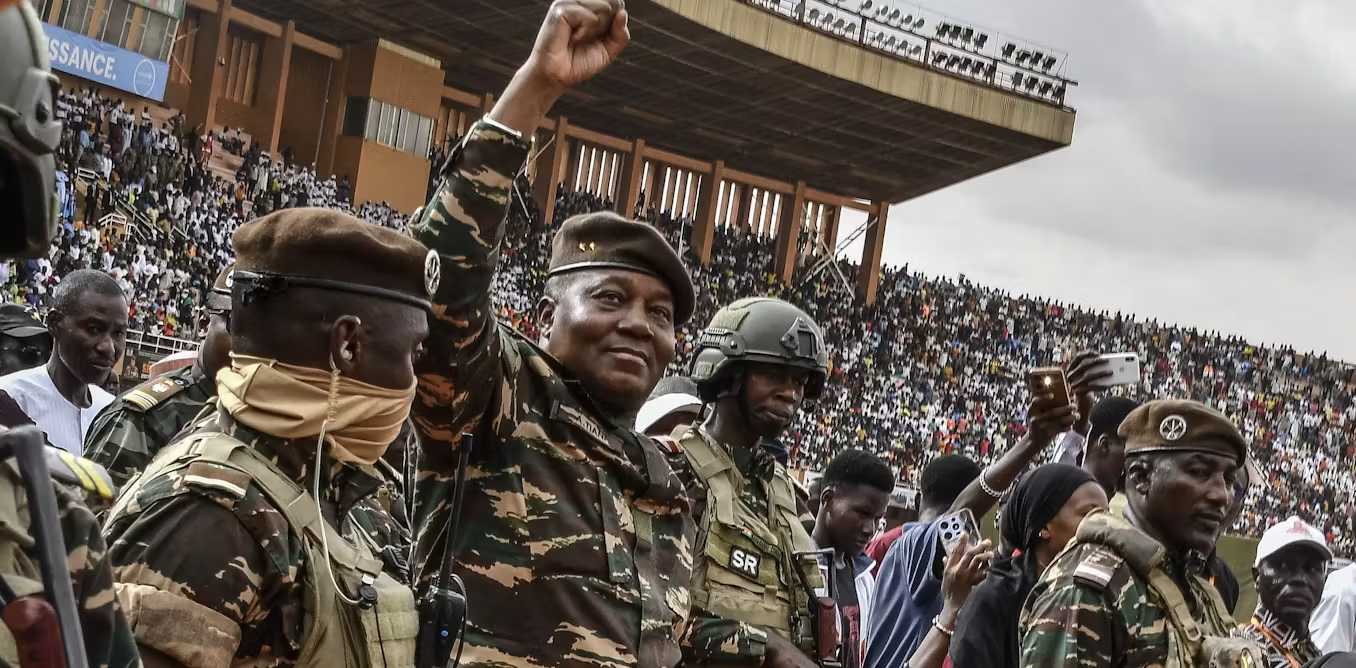
Populism is no longer an undercurrent in West Africa—it has surged to the forefront of political life, transforming the region’s democratic landscape with alarming speed.
From Mali to Burkina Faso, Niger to Senegal, the populist wave has moved from the fringes to the center of governance, often cloaked in promises of liberation but delivering increasing repression.
In Mali, the coups of 2020 and 2021 were initially celebrated as the dawn of a new sovereign era. But as military rulers took power, that promise quickly unraveled.
“The transition has produced a military regime with no checks and balances, which uses patriotism and sovereignty to muzzle fundamental freedoms,” said a commentator.
The suspension of political parties, silencing of the press, and increased pressure on civil society have left democratic institutions hollowed out.
Burkina Faso offers a parallel narrative. Under Captain Ibrahim Traoré, revolutionary language has disguised a tightening grip on power. “Revolutionary rhetoric masks raw authoritarianism,” observers warn.
The dissolution of parliament, suppression of unions, and branding of critics as traitors have stifled dissent. Meanwhile, a surge in militant recruitment has pushed the nation deeper into insecurity.
In Niger, the July 2023 coup led by General Abdourahamane Tiani mirrored its neighbors in style and substance. The junta framed its actions as a revolt against foreign influence.
But the aftermath has included the suspension of the Constitution, marginalization of civil voices, militarized diplomacy, and growing international isolation.
This wave of populism, critics argue, is not a democratic alternative. “It doesn’t give voice to the people; it confiscates it. It doesn’t strengthen institutions; it tramples them,” one analyst said.
The populist agenda, while thriving on public disillusionment with liberal elites, offers no sustainable solutions. Instead, it cultivates instability, undermines the rule of law, and jeopardizes the region’s future.
Calls are growing to “rearm minds and rebuild republican defenses,” not to abandon democracy, but to reform it meaningfully.
The demand is for social justice, transparent governance, and inclusive leadership—not “messiahs” or “angry orators,” but accountable states that protect without oppressing.
As the region stands at a crossroads, the stakes could not be higher. “Silence in the face of today’s populism is complicity in tomorrow’s dictatorships.”



